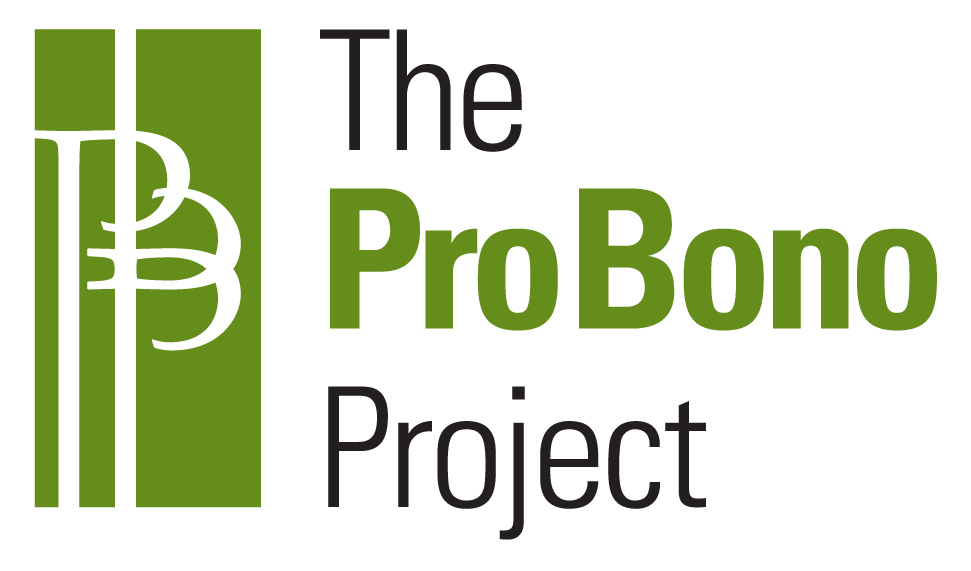Editor's Note
As we all know, it often takes a team to get a project as large as the Qatar Treme revitalization project completed successfully.
When we originally wrote this story in August, we used more recent information without acknowledging some of the attorneys who initially worked pro bono on the complex legal agreements needed to ensure a successful project.
To that end, we want to acknowledge Tad Barlett of Jones, Swanson, Huddell & Garrison LLC, who at the time worked for Krebs, Farley & Pelleteri PLLC, for his work on the initial phases of the Qatar Treme project with the Krebs Farley team.
We salute all of the attorneys, past and present, at Krebs, Farley & Pelleteri PLLC for their unwavering commitment to this project and for demonstrating to the highest degree possible that pro bono matters.
Rebuilding Treme ...
If ever there was a case for the lingering effects of Hurricane Katrina’s devastation on the city, it is best highlighted by the long term Qatar Treme Project to restore the historic Treme neighborhood …
It’s a well known fact that Hurricane Katrina left 80% of New Orleans in ruin or serious disrepair, presenting challenges to residents, local and national government officials, and the many volunteers from near and far eager to help restore our historic city.
In particular, low-income homeowners faced special difficulties getting their homes repaired. Both insurers and the Road Home program gave properties in poor neighborhoods a lower valuation than homes in other areas of the City. With such low valuations, it was nearly impossible to repair the severe damage and restore the historic Treme neighborhood, considered to be the oldest African-American neighborhood in the United States.
Enter Qatar …
In response, the country of Qatar created the Qatar Treme Project with the goal of re-establishing 100 homes in the historic Treme neighborhood.
With the $2.5 million Qatar-funded grant, 100 individual grants up to $30,000 were given to pre-Katrina homeowners who agreed to remain in and re-establish the Treme neighborhood for five years. The grants were intended to help jumpstart any construction needed on Katrina damaged homes in the Treme area. These funds, in combination with whatever homeowners received from insurers and the Road Home program, would make the difference in whether or not Treme might end up as a permanent victim of Katrina.
Pro Bono Legal Efforts
To make sure this project happened as envisioned required a tremendous legal effort and it had to be a pro bono effort. Homeowners could little afford legal fees on top of whatever expenses would not be covered.
Longtime supporters of The Pro Bono Project, the firm of Krebs, Farley & Pelleteri, PLLC (KPF) stepped in to take on this legal work and much of the project oversight.
Marc Domres
“People forget, but after the devastation of Katrina there were real questions as to the survival of the Treme. It was particularly gratifying to work with the residents of this historic neighborhood and to help them get back into their houses,” said KPF Partner and volunteer lawyer Marc Domres, who worked more than 150 hours on the project.
The law firm’s first charge involved running the grant and application process, which entailed vetting homeowners and damages to each individual’s home.
The lawyers prepared all legal or financial documents required, including preparing contract documents, to make certain the provisions of the individual grants were followed.
Finally, they were also responsible for engaging directly with the contractors who performed structural, mechanical or roofing work in order that the homes could be ready for finishes or additional work.
For more than four years and 250+ volunteer hours, the lawyers of Krebs, Farley & Pelleteri were committed to the pro bono legal work needed to make the Qatar Treme Project a success. Along with many community partners and the country of Qatar, they helped restore Treme into one of the City's most vibrant neighborhoods.
David Krebs
"It was an honor for Krebs, Farley & Pelleteri to provide this work pro bono and to help in restoring one of America's oldest African American neighborhoods," said KPF partner David Krebs, former Board Chair of The Project.
See related TP story at: Qatar Projects




